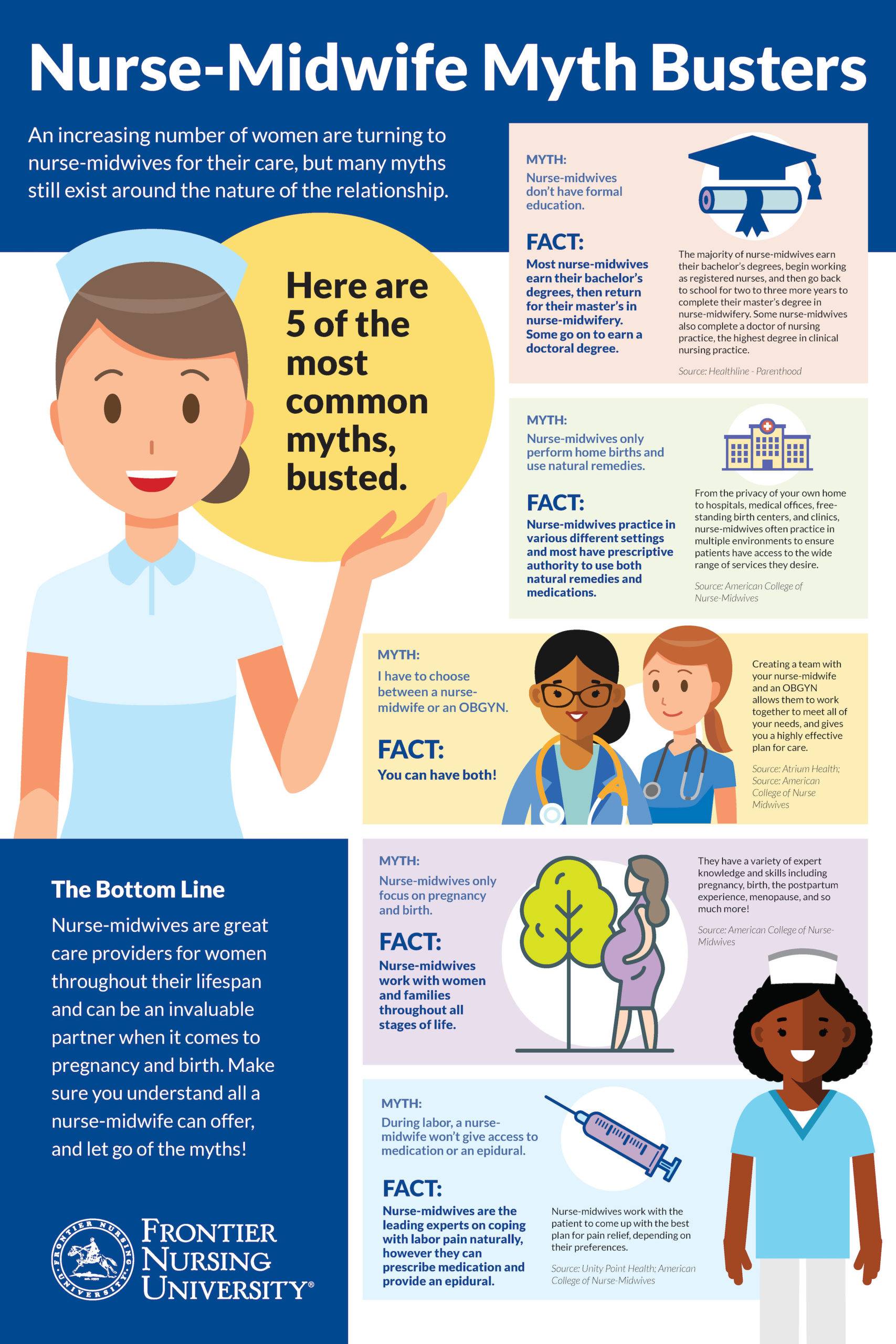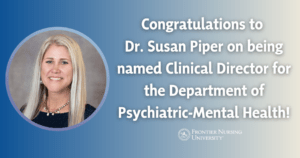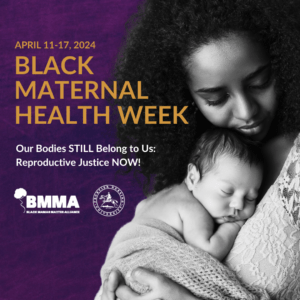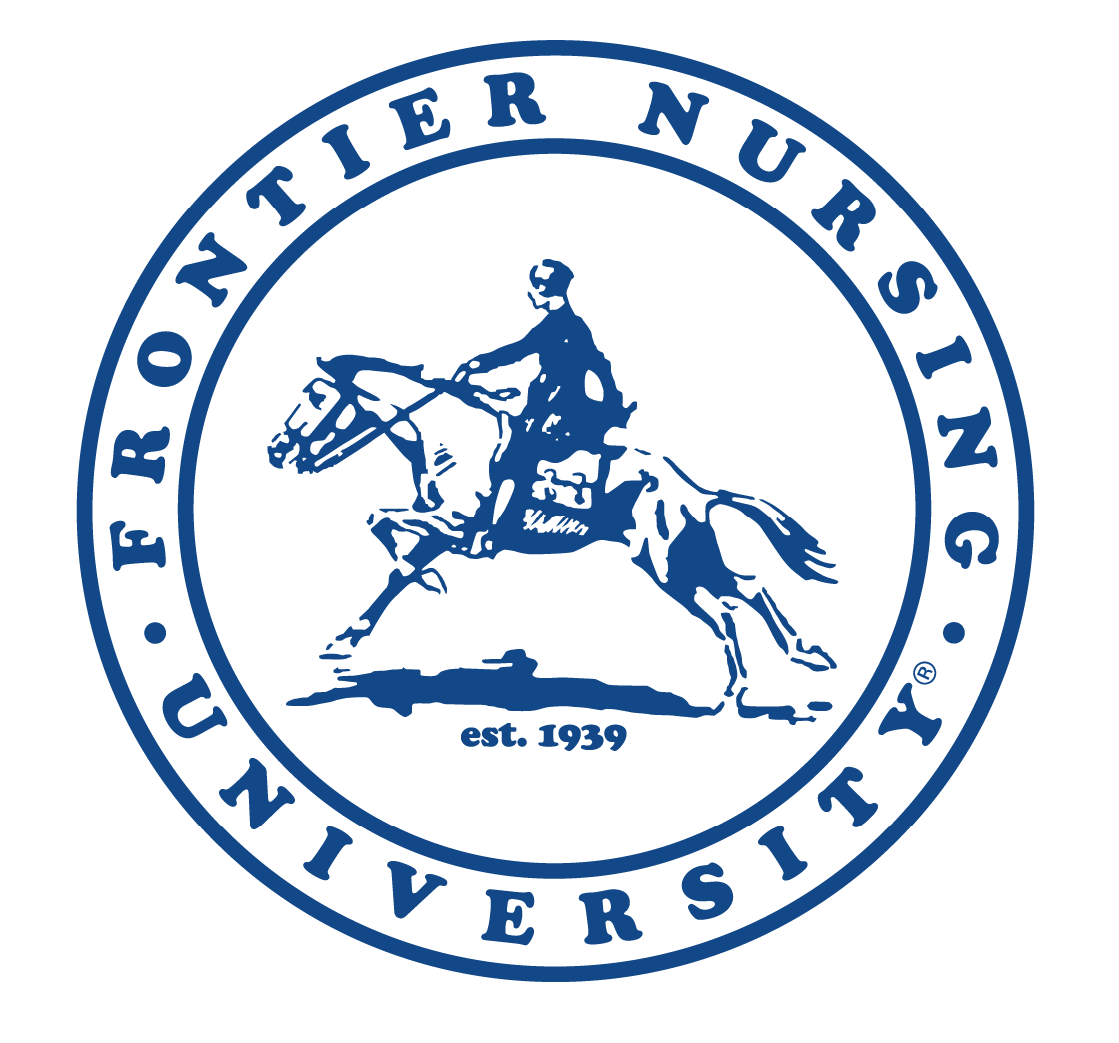An increasing number of women are turning to nurse-midwives for their care, but many myths still exist around the nature of the relationship.
Here are 5 of the most common myths, busted.
MYTH #1: Nurse-midwives have minimal education.
FACT: Certified nurse-midwives must have extensive education and are required to pass a national certification exam.
The majority of certified nurse-midwives earn their bachelor’s degrees, begin working as registered nurses, and then go back to school for two to three more years to complete their master’s degree in nurse-midwifery. Some go on to earn a doctoral degree, the highest degree in clinical nursing practice.
Source: Healthline – Parenthood
MYTH #2: Nurse-midwives only perform home births and use natural remedies.
FACT: Nurse-midwives practice in various settings and most have prescriptive authority to use both natural remedies and medications.
From the privacy of your own home to hospitals, medical offices, free-standing birth centers and clinics, certified nurse-midwives may practice in multiple environments to ensure patients have access to the wide range of services they desire.
Source: American College of Nurse-Midwives
MYTH #3: I have to choose between a nurse-midwife or an OBGYN.
FACT: You can have both!
Creating a team with your nurse-midwife and an OBGYN allows them to work together to meet all of your needs, and gives you a highly effective plan for care.
Source: Atrium Health; Source: American College of Nurse-Midwives
MYTH #4: Nurse-midwives only focus on pregnancy and birth.
FACT: Nurse-midwives work with women and families throughout all stages of life.
They have a variety of expert knowledge and skills including pregnancy, birth, the postpartum experience, menopause, and so much more!
Source: American College of Nurse-Midwives
MYTH #5: During labor, a nurse-midwife won’t give access to medication or an epidural.
FACT: Nurse-midwives are the leading experts on coping with labor pain naturally, however they can prescribe medication or an epidural.
Nurse-midwives work with the patient to come up with the best plan for pain relief, depending on their preferences.
Source: Unity Point Health; American College of Nurse-Midwives
The Bottom Line – Nurse-Midwives are great care providers for women throughout their lifespan and can be an invaluable partner when it comes to pregnancy and birth. Make sure you understand all a certified nurse-midwife can offer, and let go of the myths!
What is a Certified Nurse-Midwife (CNM)?
Certified Nurse-Midwives (CNMs) are educated in two disciplines: midwifery and nursing. They earn graduate degrees, complete a midwifery education program accredited by the Accreditation Commission for Midwifery Education (ACME), and pass a national certification examination administered by the American Midwifery Certification Board (AMCB) to receive the professional designation of CNM. Certified Midwives (CMs) are educated in the discipline of midwifery. They earn graduate degrees, meet health and science education requirements, complete a midwifery education program accredited by ACME, and pass the same national certification examination as CNMs to receive the professional designation of CM.






 Dr. Nikia Grayson, DNP, MSN, MPH, MA, CNM, FNP-C, FACNM (she/her) is a trailblazing force in reproductive justice, blending her expertise as a public health activist, anthropologist, and family nurse-midwife to champion the rights and health of underserved communities. Graduating with distinction from Howard University, Nikia holds a bachelor’s degree in communications and a master’s degree in public health. Her academic journey also led her to the University of Memphis, where she earned a master’s in medical anthropology, and the University of Tennessee, where she achieved both a master’s in nursing and a doctorate in nursing practice. Complementing her extensive education, she completed a post-master’s certificate in midwifery at Frontier Nursing University.
Dr. Nikia Grayson, DNP, MSN, MPH, MA, CNM, FNP-C, FACNM (she/her) is a trailblazing force in reproductive justice, blending her expertise as a public health activist, anthropologist, and family nurse-midwife to champion the rights and health of underserved communities. Graduating with distinction from Howard University, Nikia holds a bachelor’s degree in communications and a master’s degree in public health. Her academic journey also led her to the University of Memphis, where she earned a master’s in medical anthropology, and the University of Tennessee, where she achieved both a master’s in nursing and a doctorate in nursing practice. Complementing her extensive education, she completed a post-master’s certificate in midwifery at Frontier Nursing University.









 Dr. Tia Brown McNair is the Vice President in the Office of Diversity, Equity, and Student Success and Executive Director for the Truth, Racial Healing, and Transformation (TRHT) Campus Centers at the American Association of Colleges and Universities (AAC&U) in Washington, DC. She oversees both funded projects and AAC&U’s continuing programs on equity, inclusive excellence, high-impact practices, and student success. McNair directs AAC&U’s Summer Institutes on High-Impact Practices and Student Success, and TRHT Campus Centers and serves as the project director for several AAC&U initiatives, including the development of a TRHT-focused campus climate toolkit. She is the lead author of From Equity Talk to Equity Walk: Expanding Practitioner Knowledge for Racial Justice in Higher Education (January 2020) and Becoming a Student-Ready College: A New Culture of Leadership for Student Success (July 2016 and August 2022 Second edition).
Dr. Tia Brown McNair is the Vice President in the Office of Diversity, Equity, and Student Success and Executive Director for the Truth, Racial Healing, and Transformation (TRHT) Campus Centers at the American Association of Colleges and Universities (AAC&U) in Washington, DC. She oversees both funded projects and AAC&U’s continuing programs on equity, inclusive excellence, high-impact practices, and student success. McNair directs AAC&U’s Summer Institutes on High-Impact Practices and Student Success, and TRHT Campus Centers and serves as the project director for several AAC&U initiatives, including the development of a TRHT-focused campus climate toolkit. She is the lead author of From Equity Talk to Equity Walk: Expanding Practitioner Knowledge for Racial Justice in Higher Education (January 2020) and Becoming a Student-Ready College: A New Culture of Leadership for Student Success (July 2016 and August 2022 Second edition).